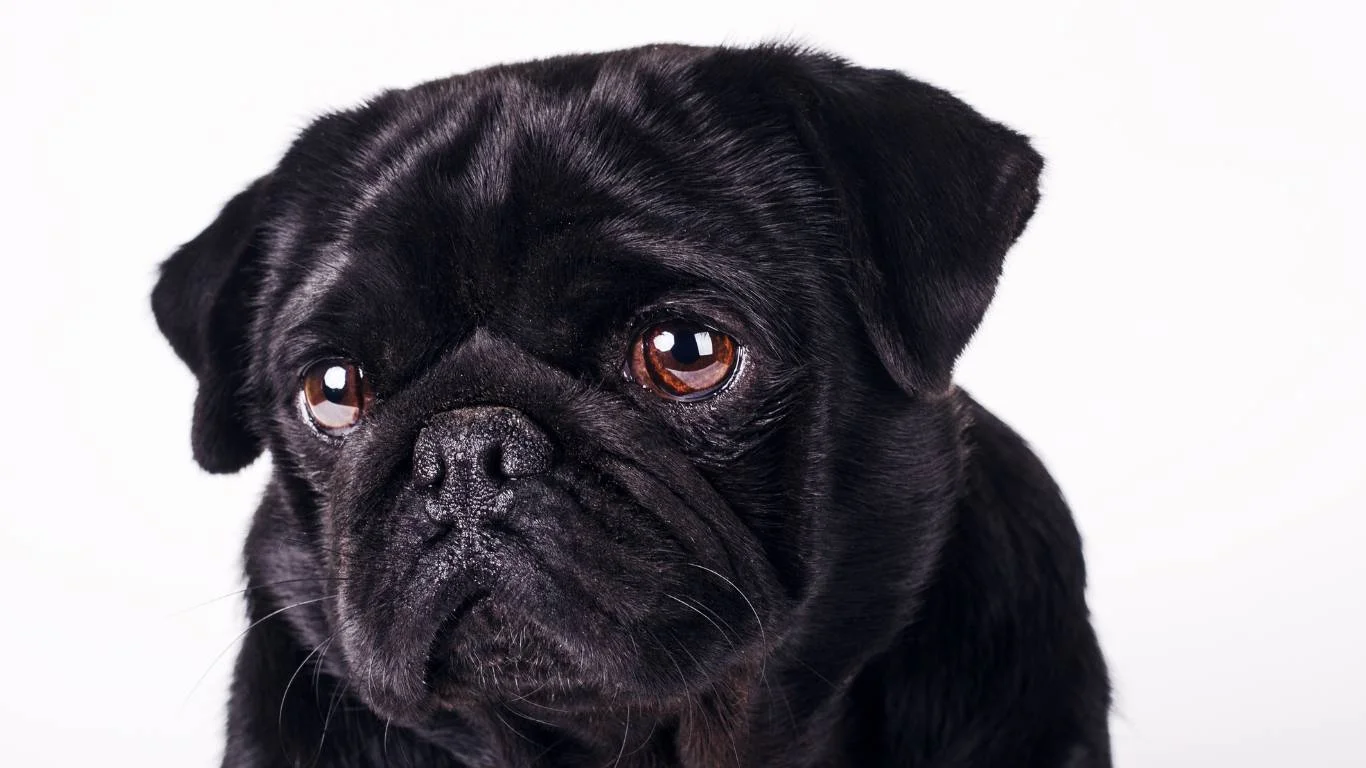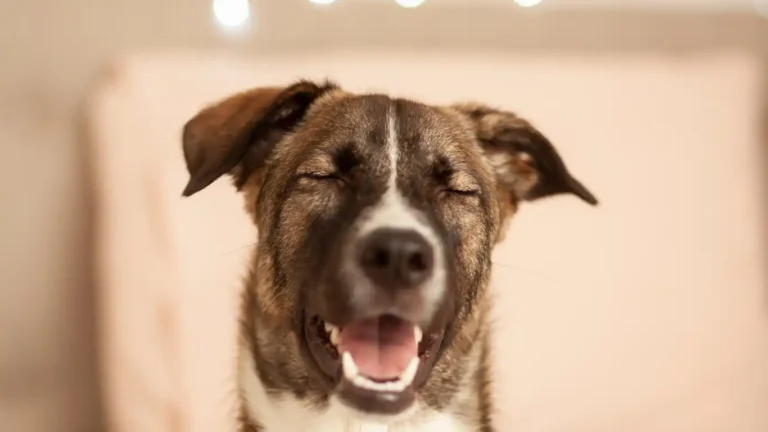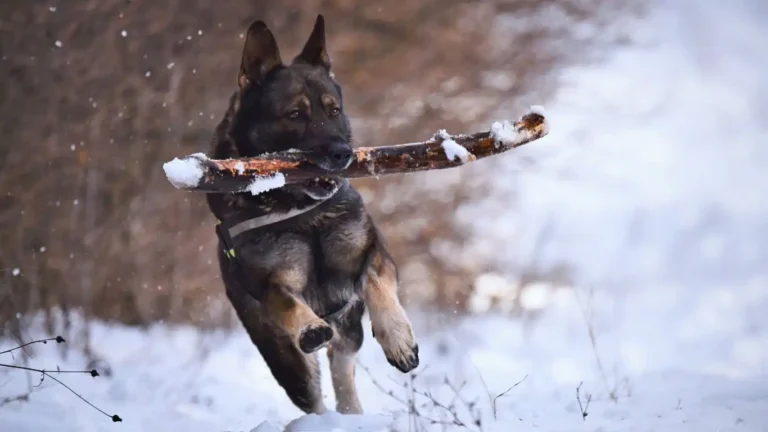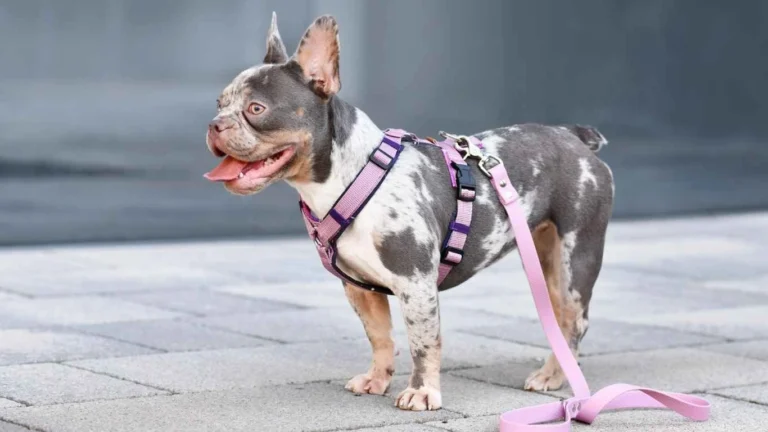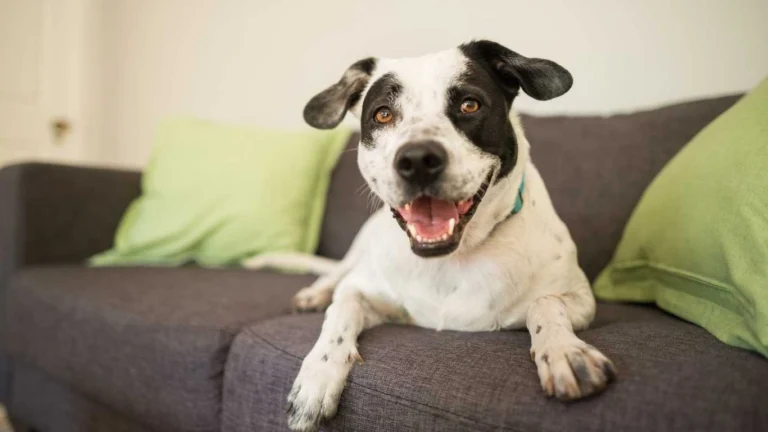What to Do if Your Dog Keeps Licking One Spot: Stop It Fast
If you’re wondering what to do if your dog keeps licking one spot, you’re definitely not alone. I’ve seen this countless times during my time as a veterinary assistant, especially with pups who walk in obsessively licking their paw, flank, or even a random patch on their leg. It can be tough watching your dog fixate on a single spot, and let’s be honest—sometimes it’s downright frustrating. But there’s usually more going on beneath the surface than just quirky behavior. Let’s break it down in a real, practical way—straight from someone who’s been hands-on with these cases in a clinic setting.
Common Reasons Dogs Lick One Spot
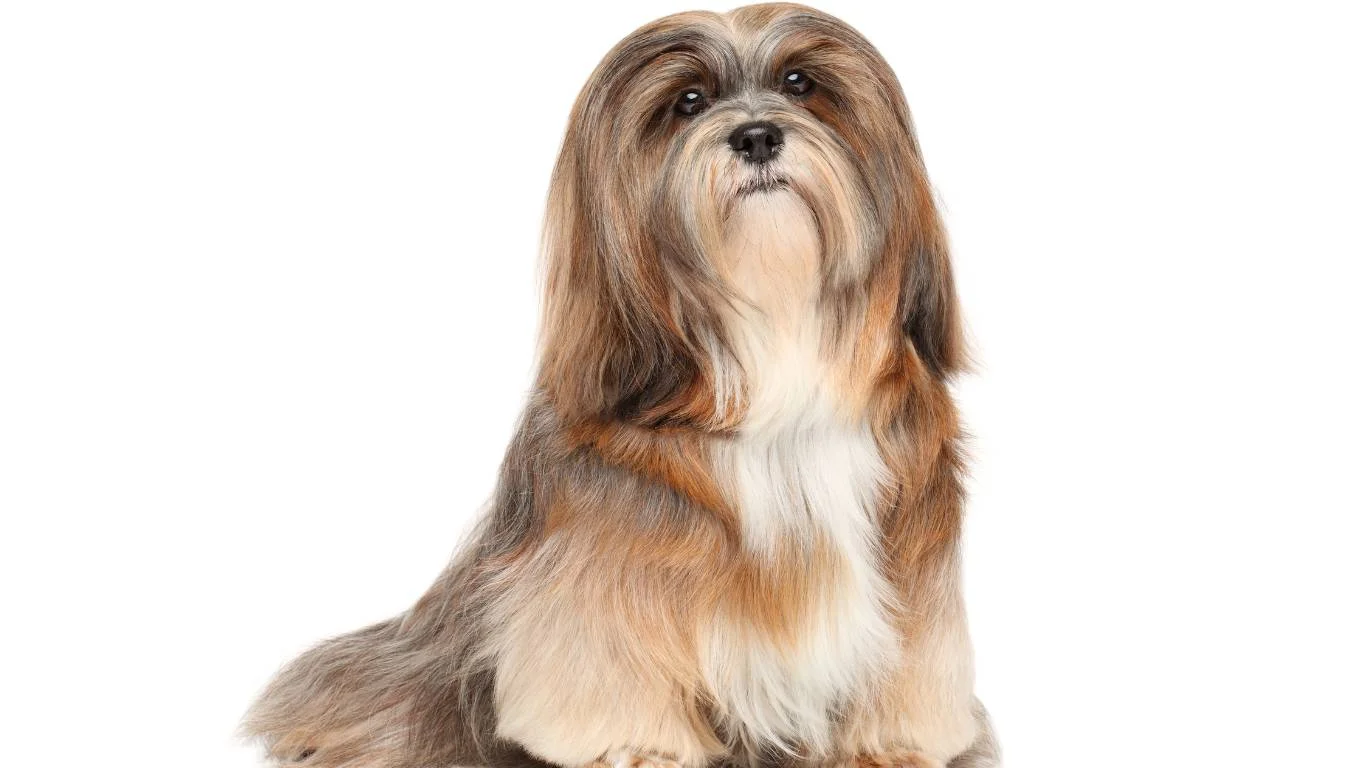
1. Allergies: Environmental or Food-Related
This is a biggie. Dogs can develop allergies just like humans. I’ve had pet parents come in swearing their dog must have a bug bite, only to discover it was a food sensitivity or something in the environment. Grasses, dust mites, and even your dog’s food bowl (yep, plastic ones are sneaky culprits) can trigger a reaction. The licking often starts as a response to the itch and quickly becomes a habit.
2. Skin Irritation or Infections
Hot spots, bacterial infections, or yeast overgrowth can make your pup zero in on one spot. I’ve had dogs come in with a raw, oozing area because the owners didn’t catch it early enough. Once the skin is irritated, licking just makes it worse—and it snowballs fast. If the area smells funky or looks red and moist, it’s probably time for a vet visit.
3. Pain or Discomfort Beneath the Surface
Here’s one that surprises a lot of pet parents: licking can be your dog’s way of telling you something hurts under the skin. Arthritis, a pulled muscle, or even a small fracture might be the hidden cause. I remember a sweet old lab who kept licking her front leg—we thought it was a skin issue, but X-rays revealed early joint degeneration. She wasn’t limping yet, but her tongue told the story.
Behavioral Causes: When Licking Becomes a Habit
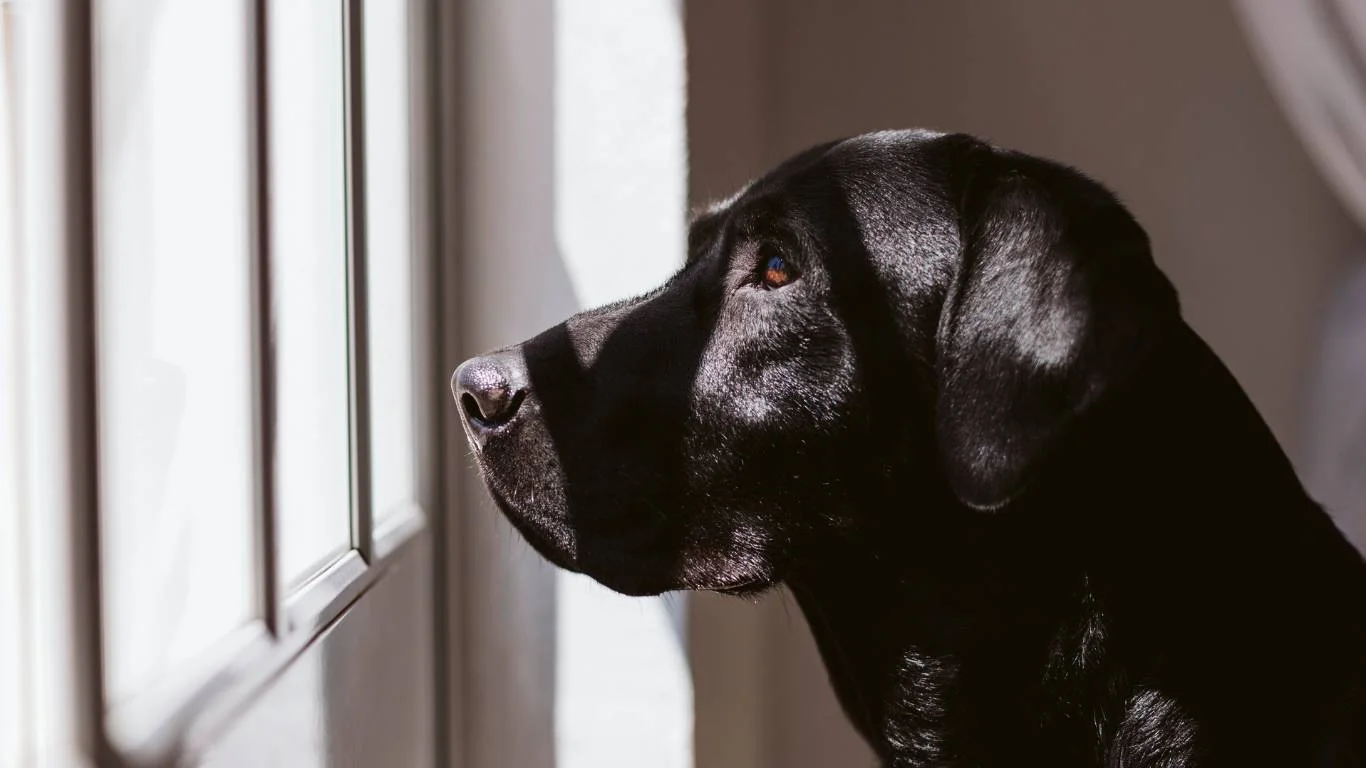
1. Anxiety or Stress
Dogs have their own ways of coping, and repetitive licking is often one of them. Think of it like a stress ball for their brain. I’ve met rescue pups with a rough history who soothe themselves this way. Thunderstorms, being left alone, or even a change in your daily routine can set this off. If your dog seems jumpy, restless, or overly attached, anxiety could be fueling the behavior.
2. Boredom or Lack of Mental Stimulation
We don’t give boredom enough credit as a cause. If your dog is licking one spot out of sheer monotony, they’re probably under-stimulated. This is super common in high-energy breeds like Aussies or Huskies. Back when I worked in a clinic with a doggie daycare on site, I saw firsthand how a few hours of play dramatically reduced obsessive licking in several dogs. Mental enrichment is key here.
3. Compulsive Disorders
When the licking turns into an obsessive behavior, it might fall under a canine compulsive disorder. Not super common, but definitely real. These dogs will lick until the fur’s gone or even cause open wounds. This level of behavior often needs more than a quick fix—it could take behavioral training and even medication. I’ve seen some heart-wrenching cases that only improved after a full behavioral workup and lots of patience from the family.
How to Spot When It’s a Problem
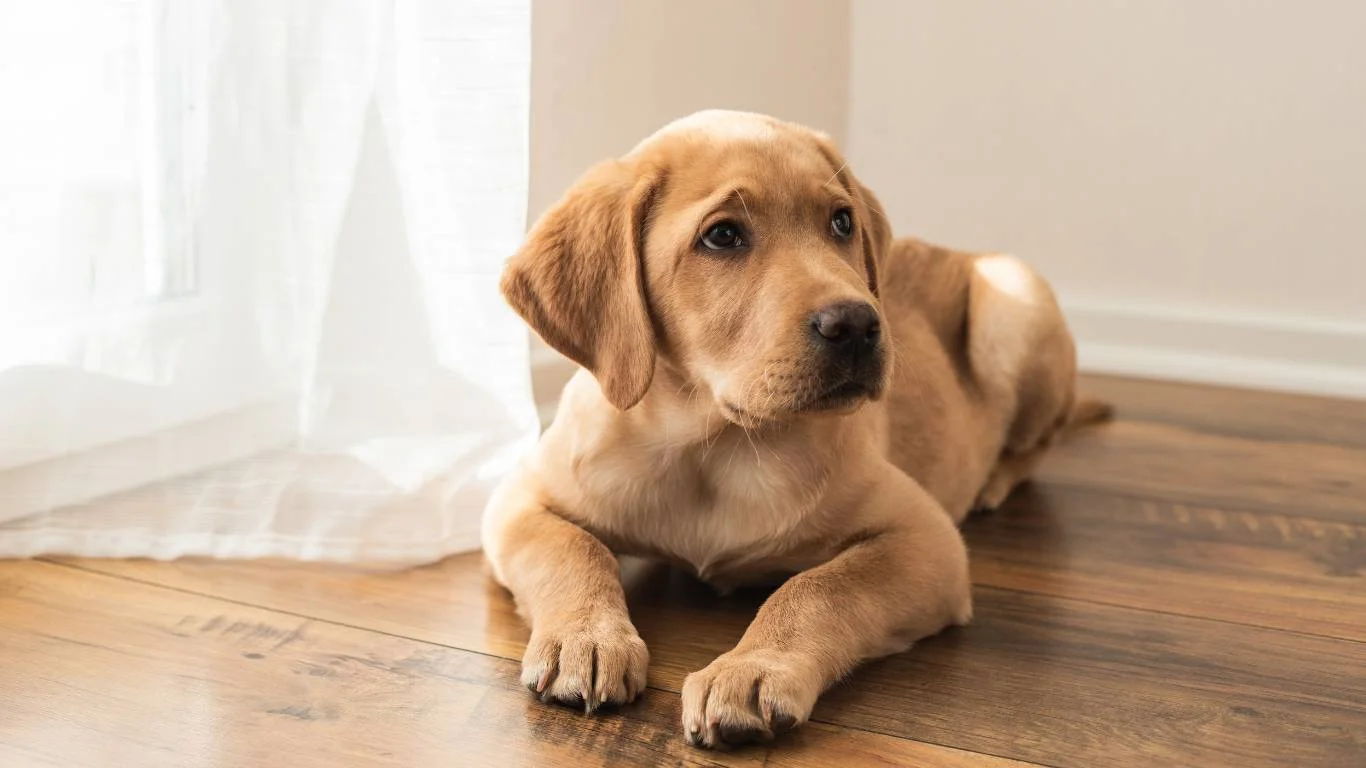
Signs You Shouldn’t Ignore
- Persistent licking in the same exact spot daily
- Visible irritation, redness, or fur loss
- Odor coming from the area (sign of infection)
- Limping or sensitivity when touched
- Behavioral changes like hiding or clinginess
As someone who’s seen these signs play out many times in clinic, I can tell you they almost always mean something’s up. Trust your gut—if something feels off, it probably is.
When to Call Your Vet
If the licking lasts more than a couple of days or you notice physical changes to the skin, it’s time to make that call. Your vet may recommend allergy testing, skin scrapes, or even imaging. And please—don’t rely on internet remedies alone (no shade to Google, but it’s not a licensed DVM!). I’ve seen too many cases where delay led to worse outcomes.
What to Do if Your Dog Keeps Licking One Spot: At-Home Tips That Actually Help
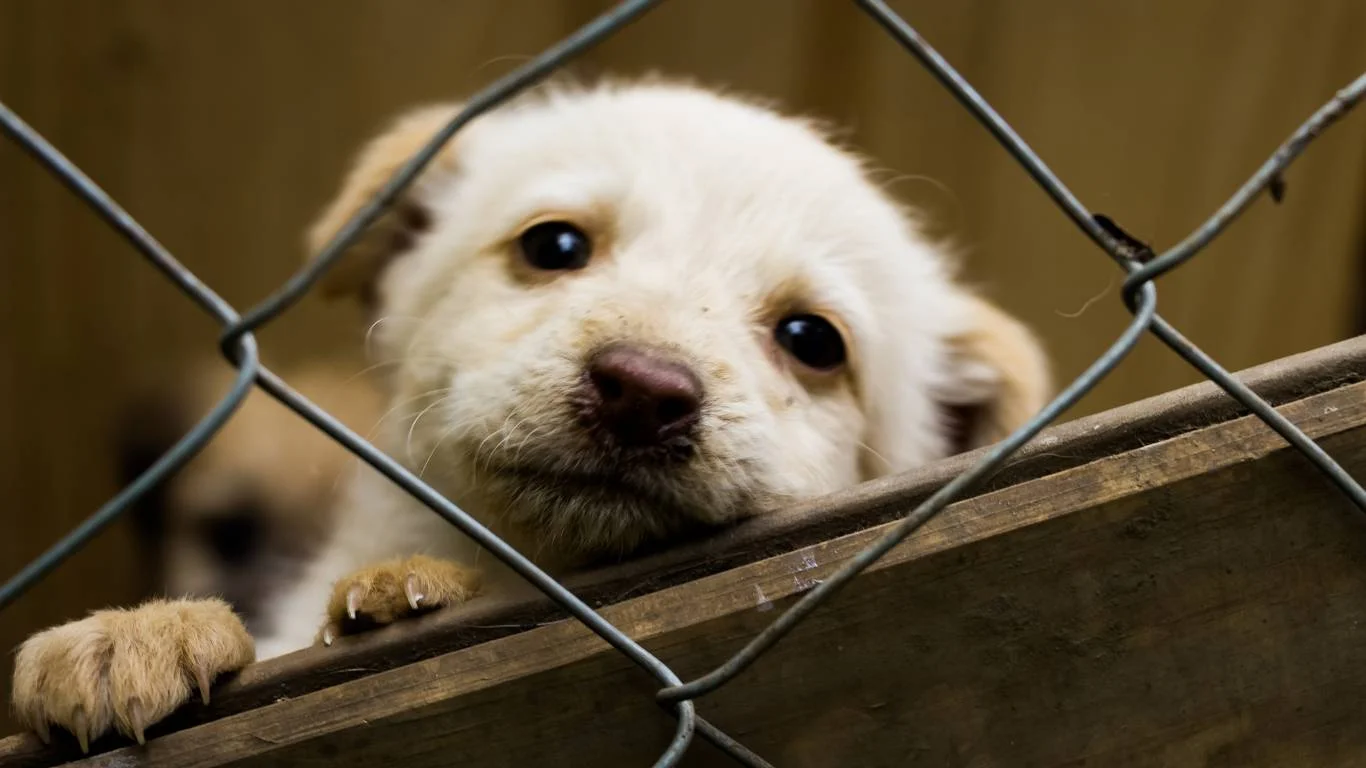
Start with a Good Look (Without Jumping to Conclusions)
Okay, first things first—before you panic, take a few minutes to calmly check the spot your dog keeps licking. Look for things like:
- Redness or swelling
- Fur loss or thinning in that area
- Scratches, bites, or scabs
- Foul odor (that’s a big red flag for infection)
I can’t tell you how many times I’ve had clients come in stressed, only to find a tiny grass seed stuck in the fur causing all the drama. Simple stuff can escalate fast if it’s not spotted early.
Try a Temporary Barrier
If the area looks irritated but not open or bleeding, you can try blocking access for a bit while monitoring the behavior. A soft cone or an inflatable recovery collar works wonders. I always preferred the inflatable ones in the clinic—they’re more comfy and less intimidating for most dogs. Bonus: they don’t knock over your furniture every time your dog walks by.
Clean Gently but Effectively
If the skin isn’t broken, you can gently clean the area with a diluted antiseptic like povidone-iodine (Betadine) or even a saline rinse. Don’t grab the strongest thing in your cabinet—harsh antiseptics can do more harm than good. I’ve seen well-meaning dog parents accidentally make things worse with hydrogen peroxide or alcohol. Trust me, less is more here.
Watch for Patterns
Keep a mental (or physical) log. Is the licking worse after walks? Right before bedtime? After meals? This kind of info helped me connect the dots for dozens of patients over the years. One dog we saw would only lick his paw at night—turned out he had a mild dust mite allergy flaring up from his bedding!
When Diet Might Be the Culprit
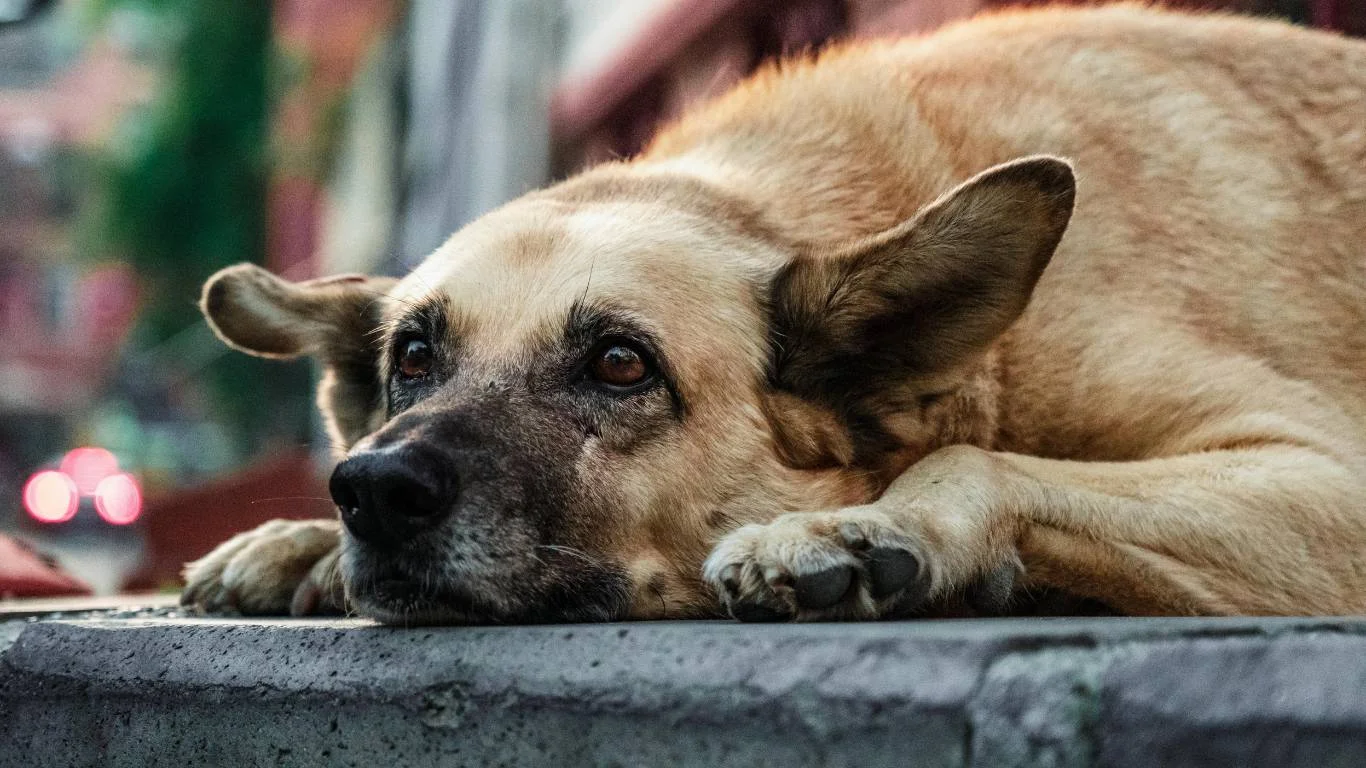
Check Those Ingredients
If your pup’s a chronic licker and you’ve ruled out obvious injuries, food allergies could be on the table (literally). Some dogs are sensitive to common ingredients like chicken, beef, or grains. I used to think food allergies were rare—until I started seeing more cases where a simple switch to a novel protein like duck or salmon did the trick.
Here’s a quick trick I shared with lots of my clients: Switch to a limited ingredient diet for 6-8 weeks. Look for a kibble or wet food with a single protein and single carb source. Keep treats super plain during this time. If the licking eases up, boom—you’re onto something. Just make sure you talk to your vet before doing a full elimination diet.
Supplements That Might Help
Here are a few vet-approved supplements I’ve seen make a difference for itchy, lick-prone pups:
- Omega-3 fatty acids – Great for skin health and reducing inflammation
- Probiotics – Help balance the gut, which can influence skin reactions
- Quercetin – A natural antihistamine often called “nature’s Benadryl”
These aren’t instant fixes, but over time they can build up your dog’s natural defenses. Always check dosages and vet recommendations before adding anything new to your pup’s routine.
Managing the Mental Side: Licking Out of Boredom or Stress
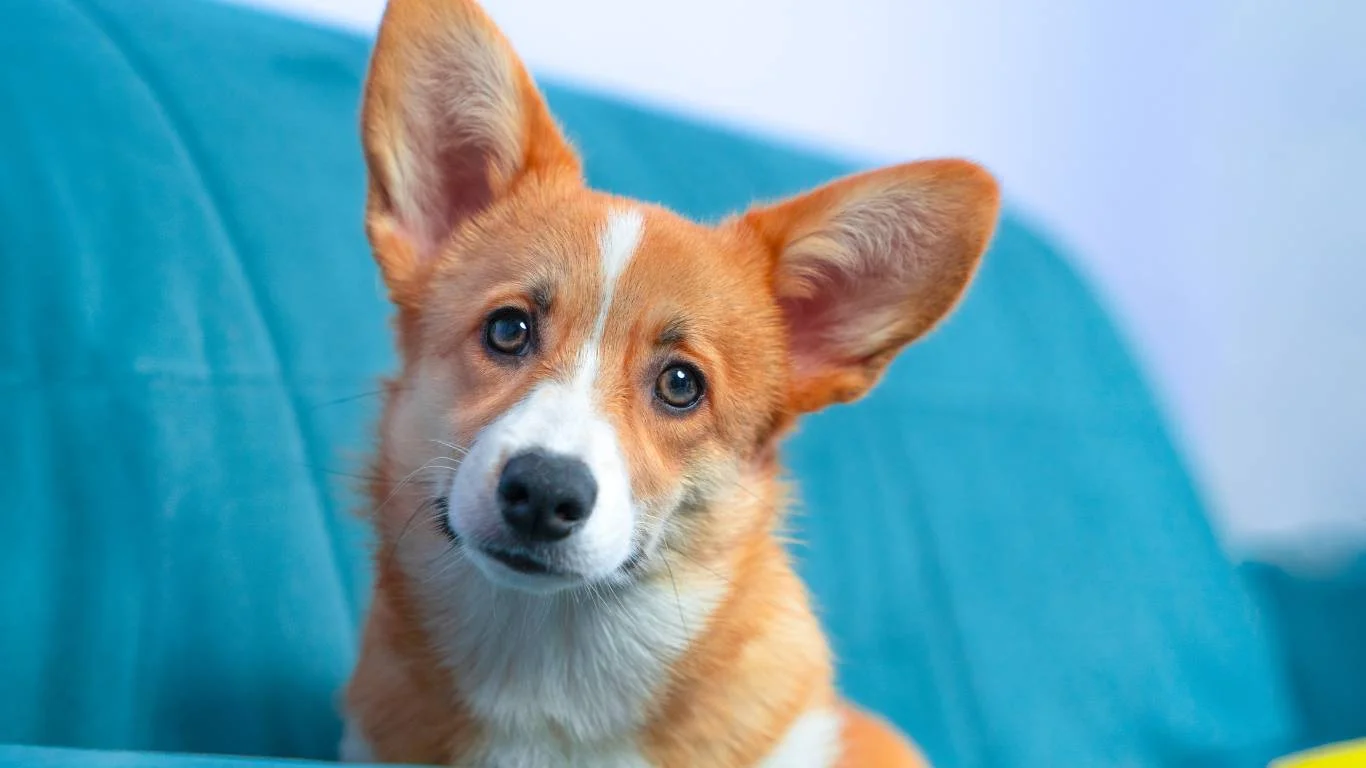
Enrichment Goes a Long Way
If your dog’s got too much free time and not enough stimulation, licking becomes a self-soothing behavior. Puzzle feeders, scent games, treat mats—these aren’t just gimmicks, they’re legit boredom-busters. Back in the clinic, we used to freeze peanut butter in a Kong toy or toss in a few carrot chunks and let the dogs go to town. Worked like magic for the anxious lickers.
Daily Routine and Exercise
Regular walks, short training sessions, even just playing fetch for 10-15 minutes can help redirect that nervous energy. I knew a Jack Russell mix who licked her back leg bald when she didn’t get her afternoon walk. Once her owners adjusted their routine and added a midday brain game, the licking dropped off in a week. Every dog’s different, but activity really is medicine for a lot of behavioral licking cases.
When to Consider a Behaviorist
If the licking feels compulsive or extreme, and nothing seems to help, don’t hesitate to ask your vet for a referral to a certified veterinary behaviorist. I’ve worked alongside behavior pros, and the results can be life-changing. One particularly tough case involved a Border Collie who had anxiety-triggered licking to the point of injury. With the right mix of enrichment, anti-anxiety meds, and behavioral support, she finally found relief—and so did her exhausted family.
Veterinary Treatments for Persistent Licking: When DIY Isn’t Enough

Medications That Might Be Prescribed
Sometimes, no matter how proactive you are, that one spot your dog keeps licking just won’t heal up on its own. At that point, your vet may step in with a more targeted treatment plan. I’ve assisted in dozens of these cases where topical or oral meds were absolutely necessary.
- Antibiotics: If there’s an infection (which is common from all that licking), you might get a course of oral or topical antibiotics.
- Antifungals: Yeast overgrowth? Your vet may go the antifungal route, especially if there’s a musty odor or greasy feel to the skin.
- Anti-inflammatories: These help reduce itching and swelling, breaking the itch-lick cycle.
- Prescription allergy meds: Drugs like Apoquel or Cytopoint have changed the game for allergic dogs. I’ve seen dogs who suffered for years find relief almost overnight with these options.
Of course, not every dog needs meds, but if your vet recommends them, it’s usually because there’s an underlying issue that won’t go away with just home remedies.
Diagnostic Tests That Might Be Recommended
Depending on the vet’s initial findings, they may suggest digging a little deeper. These are some of the most common diagnostics we used in-clinic for cases where licking was chronic or unexplained:
- Skin scrapings: Helps identify mites, bacteria, or yeast under the surface.
- Fungal cultures: To rule out ringworm or other fungal conditions.
- Allergy testing: Either via blood test or intradermal skin testing.
- X-rays: Especially if joint pain or injury is suspected beneath the skin.
One case I remember clearly involved a German Shepherd who wouldn’t stop licking her front elbow. Nothing looked wrong on the outside—but a quick X-ray showed early arthritis in the joint. That diagnosis completely shifted how we approached her treatment, and she ended up doing great on a long-term anti-inflammatory plan.
Holistic Options and Natural Remedies: What Actually Works

Laser Therapy & Acupuncture
If you’re into holistic options, you’ll be happy to hear that some alternative therapies have real science behind them. Cold laser therapy is one of my favorites—especially for dogs dealing with inflammation, joint pain, or even hot spots. It’s painless and non-invasive, and we saw solid improvements in many of our patients after just a few sessions.
Acupuncture is another tool we saw used in-clinic for pain or anxiety-driven licking. It’s not magic, but when paired with other treatments, it can reduce inflammation and help settle nerves.
Natural Topicals and Soothing Aids
Not every case calls for prescription meds. In milder situations, natural topicals like calendula, aloe vera, or diluted apple cider vinegar sprays can soothe irritated skin. Just don’t apply anything without checking with your vet—especially if there’s broken skin.
I also love recommending paw balms and barrier creams (especially in winter). They can act like a protective layer over the spot your dog’s fixated on, giving the skin a chance to heal.
Preventing Future Licking Episodes
Stick to a Consistent Grooming Schedule
Some dogs start licking because their coat or skin feels uncomfortable. Keeping nails trimmed, fur detangled, and skin clean goes a long way. I once had a sweet Cocker Spaniel patient who developed recurring paw irritation—turned out it was simply matted fur between her pads. A quick groom and foot trim solved it!
Switch to Hypoallergenic Products
From shampoos to laundry detergent, anything your dog touches could be triggering a reaction. Opt for fragrance-free, dye-free, and hypoallergenic everything—especially if your dog already has sensitive skin. Even swapping out a plastic water bowl for stainless steel helped one of my patients stop licking their muzzle raw.
Regular Vet Checkups Matter
I know it sounds obvious, but those annual (or biannual) check-ins make a huge difference. Catching minor issues before they become big ones is the name of the game. Vets can spot early signs of allergies, infections, or arthritis long before they turn into chronic licking behaviors.
References
Disclaimer
This article is intended for informational purposes only and is not a substitute for professional veterinary advice, diagnosis, or treatment. Always consult your veterinarian with any questions you may have regarding your pet’s health or a medical condition. I’m sharing these insights based on my experience as a veterinary assistant with a nutrition focus, but every dog is unique and deserves personalized care.
